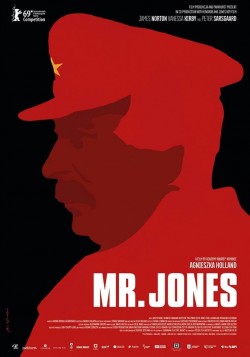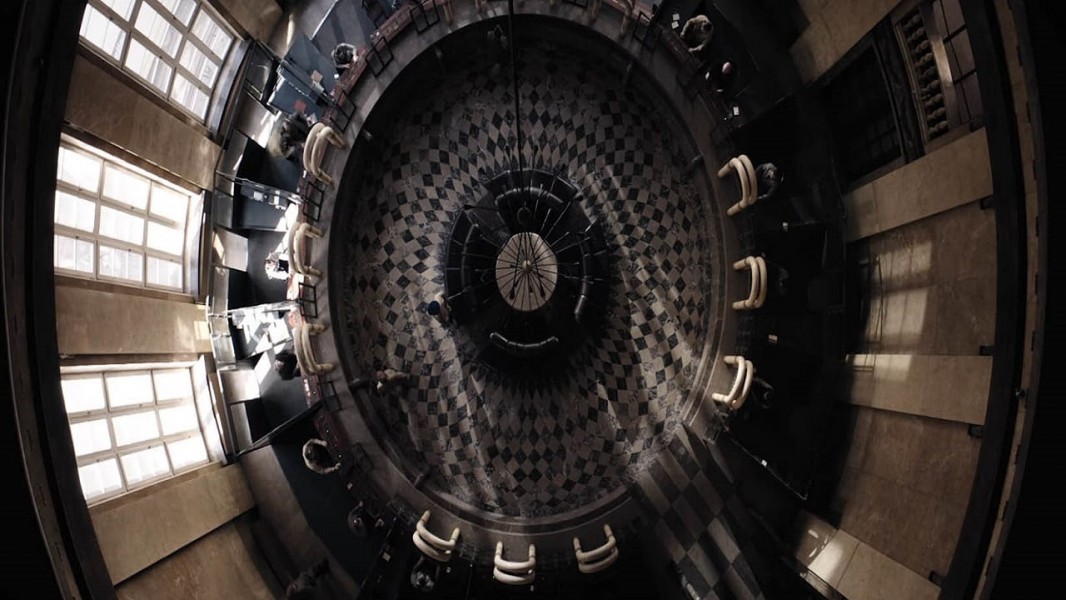
Mr. Jones
To Kharkov in the Ukraine, Welsh journalist Gareth Jones takes a train from Moscow in March 1933. He disembarks and sets off on foot on a journey throughout the country where he experiences the horrors of a famine. Everywhere you can find people that are dead, and every where he goes he meets with henchmen of the secret service who are determined from getting from the general public to stop news in regards to the tragedy. Stalin's forced collectivisation of agriculture has resulted in misery and ruin. The policy is tantamount to mass murder. Supported by Ada Brooks, a New York Times writer, Jones succeeds in spreading the shocking news in the West, thus placing his powerful rival, the Pulitzer Prize-winning journalist Walter Duranty, ardently in his own place.
Read full
Production:
Country:
Duration:
141 m


















Discussion